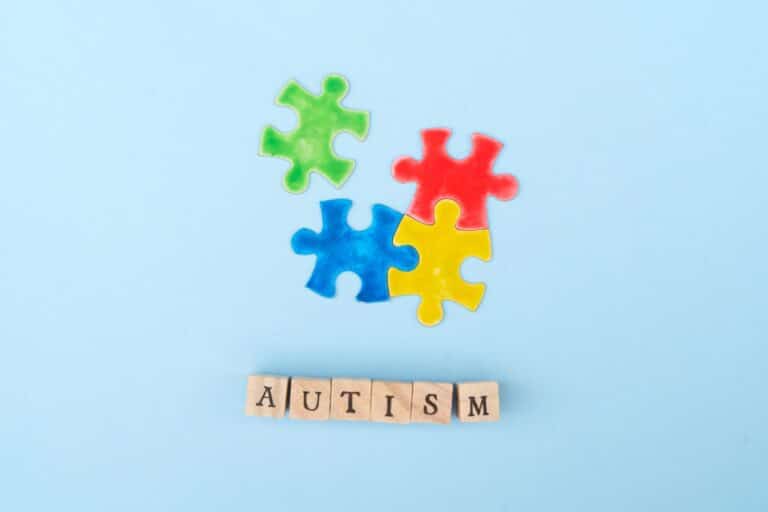Having your loving pet by your side can give you the love and companionship you need to recover from your addiction. Most rehab centers don’t allow pets, and many have strict breed restrictions. At Southern California Sunrise Rehab Center, we know that your pet is an integral part of your happiness and wellbeing. For that reason, our rehab center in Orange County, California, accepts you and your pet to give you the best opportunity for recovery.
Reasons People Bring Their Pet to Rehab
For many people, pets are part of their family. The therapeutic touch and presence from an animal can be all a person needs to make them feel that much better. This is why choosing a pet-friendly facility can make all the difference on your road to recovery. Often, an individual who is going through addiction worries about who will take care of their pet while they’re gone. It’s often upsetting and stressful, knowing that your pet won’t be able to see you for an extended period of time.
With a pet-friendly rehab center like SoCal Sunrise in California, those stresses and worries no longer exist. Having your pet by your side can better your experience and greatly benefit your rehabilitation journey.
Benefits of Bringing Your Pet to Rehab
SoCal Sunrise Recovery Center believes in creating a comfortable, inclusive atmosphere for all our patients. Many of the people who enter our doors have difficulties opening up and creating new friendships due to past trauma and experiences. To overcome your addiction and achieve sobriety, these wounds must heal. We’ve seen how a pet’s affection can help a broken person put the pieces back together.
Care for your pet as you recover. Getting help at a rehab center typically requires a lengthy stay at an inpatient treatment center. Leaving your pet alone at your home can be an obstacle— especially if you don’t have anyone to care for the pet. Bringing your pet to rehab will help you start your treatment without any cause for concern.
Pets are great for mental health. When you enter rehab, the goal is to gain an understanding of your issues and to control those issues with your mind and willpower. This becomes much harder to do if your mind isn’t right. Being away from your pet can spark feelings of loneliness, causing you to feel emotionally unstable. We want you to feel comfortable and be able to succeed. Many people report reduced anxiety, a calmer state of mind, and a more balanced mood when they’re with their pets.
Pets help you better establish social relationships. Pets respond honestly to the behaviors of their owners. The bond you have with your pet is genuine, and it enables you to understand the importance of stable relationships. When you’re on the road to sobriety, rebuilding your core relationships is key, but it can be a slow and challenging process. Your pet loves you unconditionally, and this type of love will help you transition into forming new, long-lasting relationships with others in your life.
The warm smile, the honest energy, and the affectionate companionship that comes from your pet can help push you to the side of sobriety. Animals have no hidden agendas, and they don’t pass critical judgment on their owners: they simply have a biological instinct to connect with you when they’re needed most. This type of support and love is unconditional, and it can make all the difference when you’re facing a tough addiction.
Pets Support Your Mental and Physical Health
When an individual stops using drugs or alcohol, the repercussions and withdrawal can be severe. Having a companion by your side can help you cope with the drastic change in your life.
Studies done by San Francisco non-profit Pets Are Wonderful Support (PAWS) have revealed that animals increase a hormone in the body, called oxytocin, which produces the pleasurable effect when people use drugs or alcohol. This hormone is released when bonding with humans or animals, so it’s only beneficial when your animal gets to accompany you on your journey.
Spending quality time with your pet can also improve your physical health. Studies have shown that human-animal interaction could increase immune system function and positively affect your cardiovascular system, lowering your blood pressure. Alcohol and drug abuse cause a lot of health problems, so having an animal by your side can benefit you greatly.
Having your pet around can offer a distraction from recovery. Being able to distract yourself by interacting, bonding, and cuddling with your pet can help people shift their focus away from their substance abuse and focus on improving themselves. This can make the treatment process go a lot smoother and more enjoyable.
Pet-Friendly Rehab in California
There is more to a successful recovery than abstinence. It’s the feeling of love and self-worth to know that you can continue this lifestyle. It’s understanding that life has so much to offer— in the good times and the bad. It’s knowing that your future can always get better. Your pet can help you see this side of life.
Do you believe your pet can help you heal? We do, too. Inquire about your pet-friendly rehab center today to learn how your pet can help you on your road to recovery.






